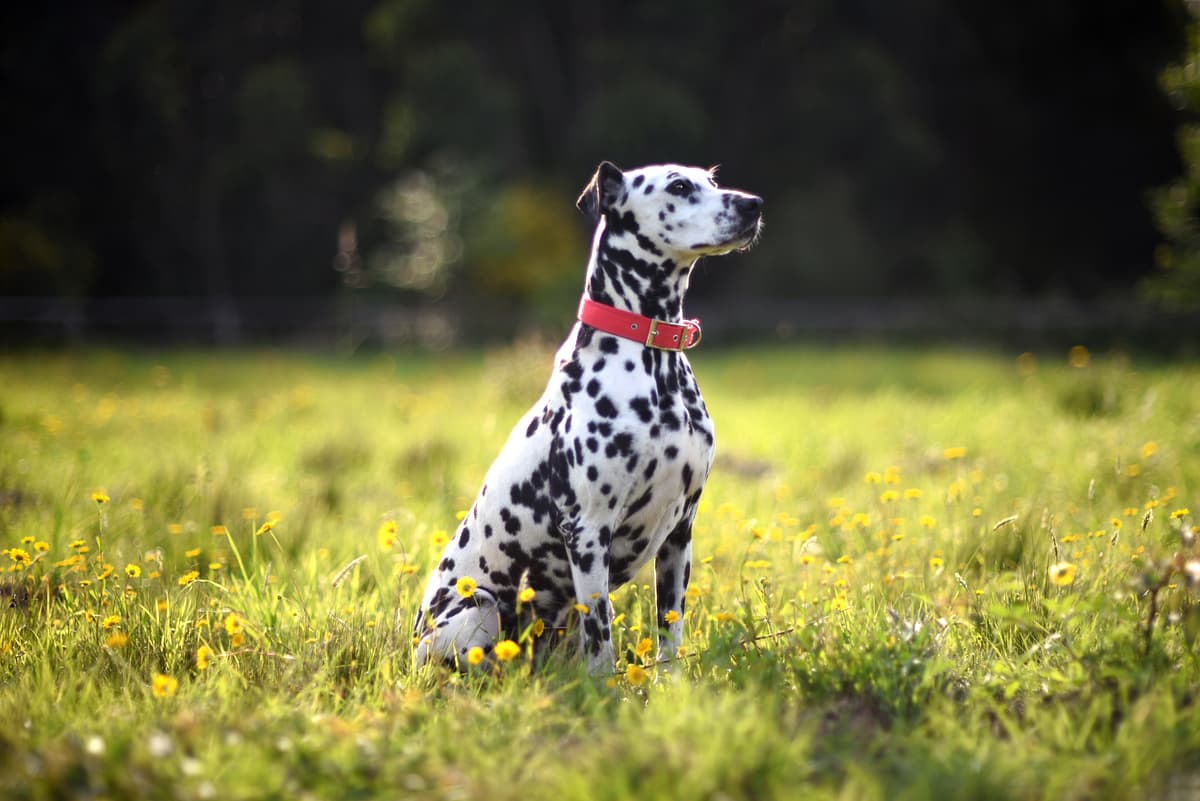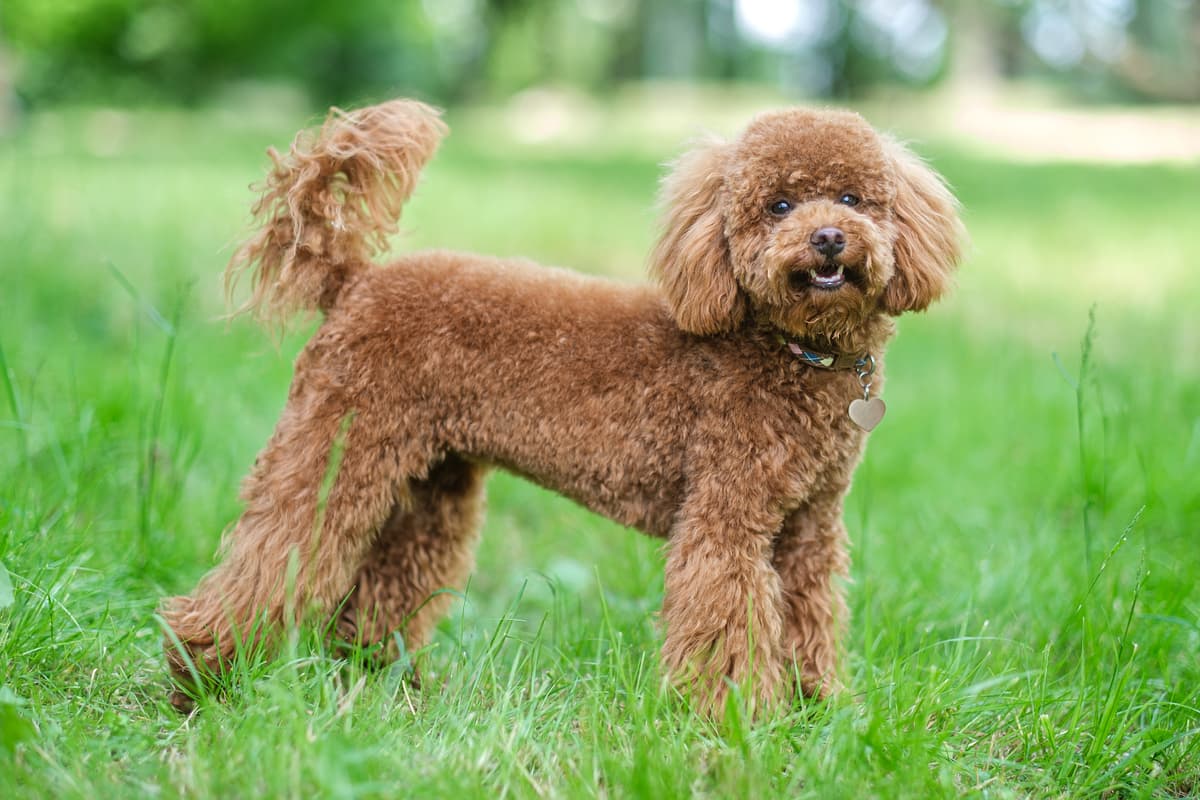Dalmatian vs Poodle
Discover the differences between Dalmatian and Poodle to make the best choice for your situation.
Try different breeds

Dalmatian
Distinctive spots and high energy make this outgoing breed unforgettable. Loyal and spirited, a Dalmatian thrives as an active companion and family friend.

Poodle
Elegant, intelligent, and highly trainable, this breed stands out for its lively spirit and loyal companionship. Their hypoallergenic coat and playful personality make them ideal family pets.
Quick comparison
Medium
27–32 kg
Short, dense
11–13 years
24–29 kg
High energy
Medium
20–32 kg
Curly, dense
12–15 years
18–27 kg
High energy
Personality & behavior
Compare the personality traits and behavioral characteristics of both breeds.
Dalmatian
Outgoing with people and other pets
Quick learner who enjoys mental challenges
Needs vigorous daily activity and exercise
Loves interactive games and family fun
May struggle with major changes in routine
Poodle
Warm and sociable with family and guests
Highly intelligent and quick to learn commands
Needs regular activity and enjoys exercise
Loves games and interactive playtime
Easily adjusts to new environments and routines
Care needs
Exercise, grooming, and daily care requirements
Dalmatian
Deafness, urinary stones
Poodle
Hip dysplasia, Addison’s disease
Suitability
How well each breed fits different living situations and families
Dalmatian
Needs experience
Dalmatians require consistent training and can be stubborn for novice owners
Not ideal
High energy and vocal nature make them challenging for apartment life
Perfect fit
Their stamina and enthusiasm suit very active families or individuals
Playful companion
Friendly but may be too boisterous for small children without supervision
Mixed results
May get along with other pets if socialized early, but strong prey drive exists
Prone to anxiety
They dislike being left alone and may develop destructive behaviors
Poodle
Great choice
Intelligent and eager to please, Poodles are easy for beginners to train and manage.
Highly suitable
Poodles adapt well to apartment life if given daily exercise and mental stimulation.
Perfect fit
Their energy and love for activity make them great companions for active households.
Very friendly
Poodles are gentle and patient with children when socialized from a young age.
Gets along well
Poodles usually coexist peacefully with other pets, especially if socialized early.
Prone to anxiety
Poodles can develop separation anxiety if left alone for long periods regularly.
Breed strengths
What each breed excels at and their best qualities
Dalmatian
- High endurance and athleticism
- Loyal and devoted to family
- Strong watchdog instincts
- Intelligent and quick to learn
- Distinctive and attractive coat pattern
Poodle
- Highly intelligent and easy to train
- Hypoallergenic coat reduces shedding
- Strong bond with family members
- Adaptable to various living environments
- Excellent performance in canine sports
Challenges & considerations
Potential challenges and considerations for each breed
Dalmatian
- Prone to deafness and urinary stones
- Can be overly energetic indoors
- Needs extensive daily exercise
- May be reserved with strangers
- Tendency toward stubborn or independent behavior
Poodle
- Requires regular professional grooming
- Prone to separation anxiety if left alone
- Needs daily mental and physical stimulation
- Can be reserved with unfamiliar people
- Susceptible to certain genetic health issues
Ready to choose your perfect breed?
Learn more about each breed or compare other breeds to find the perfect match for your lifestyle.
Discover more helpful tools
Make use of our other free tools to get the most out of your pet experience
